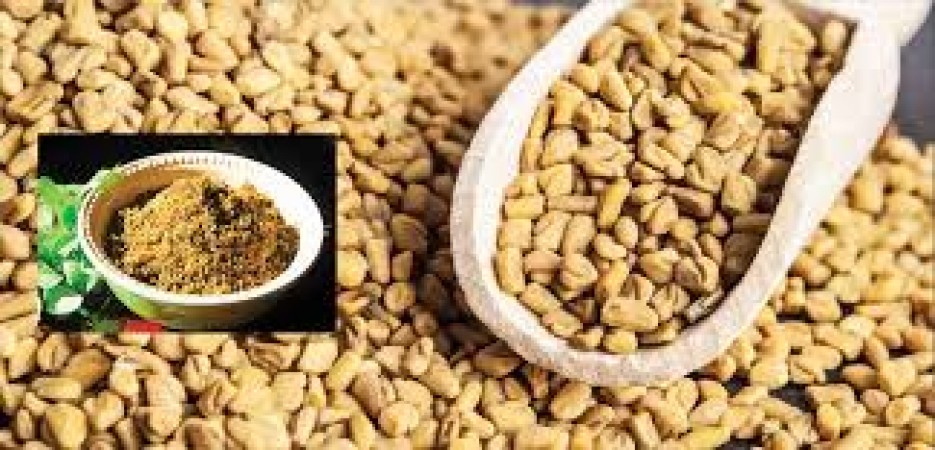
Fenugreek, an aromatic spice known for its distinct flavor and myriad health benefits, has a rich history steeped in tradition and culture. Originating from the Mediterranean region, this herbaceous plant has traveled far and wide, leaving its mark on various cuisines and folk remedies across the globe.
From Antiquity to Modernity
Fenugreek's usage dates back thousands of years, with ancient civilizations such as the Egyptians, Greeks, and Romans harnessing its medicinal properties. Over time, it found its way into culinary practices, particularly in Indian, Middle Eastern, and North African cuisines.
A Symbol of Home and Hearth
In many cultures, fenugreek symbolizes prosperity, fertility, and culinary delight. Its seeds, leaves, and dried herbs are integral ingredients in dishes ranging from curries and stews to pickles and bread.
Partition: A Divide That Disrupted
The partition of India in 1947 brought about significant upheaval, not only in terms of political boundaries but also in the cultural landscape. Communities were displaced, families torn apart, and with them, the traditions and flavors they held dear.
The Culinary Fallout
One such casualty of the partition was fenugreek. As families migrated across newly drawn borders, they left behind not only their homes but also the familiar ingredients that flavored their cuisine. Fenugreek, once a staple in many households, became a distant memory for those who found themselves on the wrong side of the divide.
Nostalgia and Rediscovery
Despite the hardships of displacement, the memories associated with fenugreek endured. As displaced communities settled in new lands, they sought to recreate the flavors of home, often turning to substitutes or improvisations in the absence of familiar ingredients.
The Resilience of Tradition
Despite the challenges, fenugreek persevered, albeit in different forms. Its cultivation spread to new regions, adapting to diverse climates and soil conditions. Today, fenugreek remains a beloved spice, cherished for its culinary versatility and nutritional value.
Embracing Diversity in the Kitchen
In an increasingly interconnected world, culinary boundaries blur, and flavors mingle. Fenugreek, once a marker of regional identity, now transcends borders, finding its way into kitchens worldwide. Its distinctive aroma and taste add depth and complexity to dishes, bridging cultures and generations.
The Healing Touch
Beyond its culinary uses, fenugreek continues to be valued for its medicinal properties. From aiding digestion to promoting lactation, this humble spice offers a myriad of health benefits. Its seeds and leaves are used in traditional medicine practices across the globe, revered for their healing properties.
Cultivating Community Through Food
In a world divided by political strife and cultural differences, food has the power to unite. Whether shared around a family table or enjoyed in a bustling market, the flavors of fenugreek evoke memories of home and heritage, fostering connections that transcend borders.
Preserving the Legacy
As we navigate an ever-changing world, it is essential to preserve the stories and traditions that define who we are. Fenugreek, with its aromatic presence and storied past, serves as a reminder of resilience, adaptation, and the enduring power of food to bring people together.
If you are having a party at home with friends, then what could be better than a kaftan?
Going to the gym for the first time? So choose the right sports wear for yourself in this way